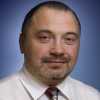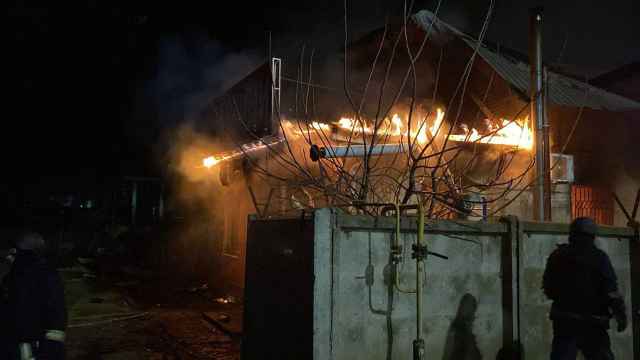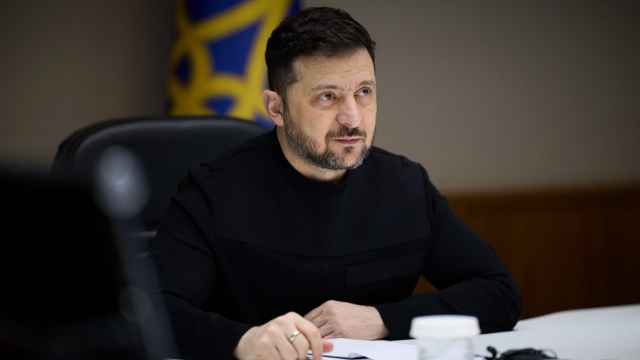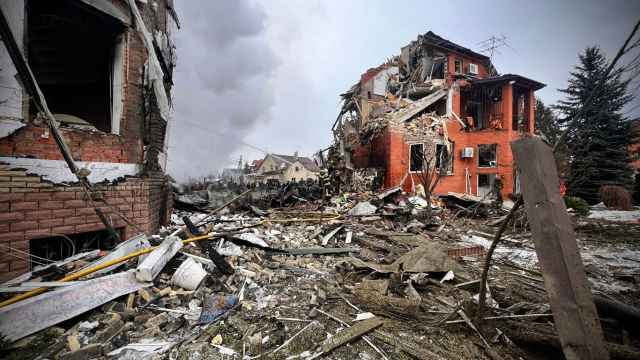We now know that Prime Minister Vladimir Putin and President Dmitry Medvedev will switch places in March. But the idea that it makes no difference who sits in which seat is mistaken.
The new Putin-Medvedev configuration would not be a repetition of the old one. This is because Putin would consolidate and perhaps strengthen his leadership as president, while the prime minister would be forced to take responsibility for budget cuts to the public sector and long-delayed pension and tax reforms. These decisions by the next government will be very painful for most people and extremely unpopular. Under such conditions, Medvedev will become a convenient fall guy and will probably not last as prime minister to the end of Putin’s first presidential term.
The agenda for the presidential election campaign consists of little more than what was presented at the convention: the desire to become one of the world’s five largest economies. Putin’s speech at the convention was essentially campaign rhetoric about major achievements and promises to pensioners, state employees and the new middle class. What’s more, Putin claimed that the economy he is passing to the next prime minister is in outstanding condition, and he made an enormous number of promises for future economic achievements that will be impossible to fulfill.
Heightened attention was paid to the top names on the lists of State Duma candidates, eclipsing the remaining 599. In 50 regions, the party list is headed by governors, and in the Kaliningrad and Tula regions the governors are second only to Deputy Prime Minister Alexander Zhukov and State Duma Speaker Boris Gryzlov, who serve as the “federal locomotives” pulling the rest of the candidate list behind them.
Governors were not trusted to serve this role in only three places — Adygeya, Altai and Karelia. Government officials head a number of other party lists as well: First Deputy Prime Minister Viktor Zubkov in the Volgograd region, Deputy Prime Minister Vyacheslav Volodin in Saratov and Deputy Prime Minister Dmitry Kozak in St. Petersburg.
Characteristically, United Russia found few of its own party officials to head regional groups and relied almost exclusively on government officials to fulfill that function. This shows once again that United Russia is not an independent party but simply an electoral extension of the executive branch.
Nikolai Petrov is a scholar in residence at the Carnegie Moscow Center.
A Message from The Moscow Times:
Dear readers,
We are facing unprecedented challenges. Russia's Prosecutor General's Office has designated The Moscow Times as an "undesirable" organization, criminalizing our work and putting our staff at risk of prosecution. This follows our earlier unjust labeling as a "foreign agent."
These actions are direct attempts to silence independent journalism in Russia. The authorities claim our work "discredits the decisions of the Russian leadership." We see things differently: we strive to provide accurate, unbiased reporting on Russia.
We, the journalists of The Moscow Times, refuse to be silenced. But to continue our work, we need your help.
Your support, no matter how small, makes a world of difference. If you can, please support us monthly starting from just $2. It's quick to set up, and every contribution makes a significant impact.
By supporting The Moscow Times, you're defending open, independent journalism in the face of repression. Thank you for standing with us.
Remind me later.






